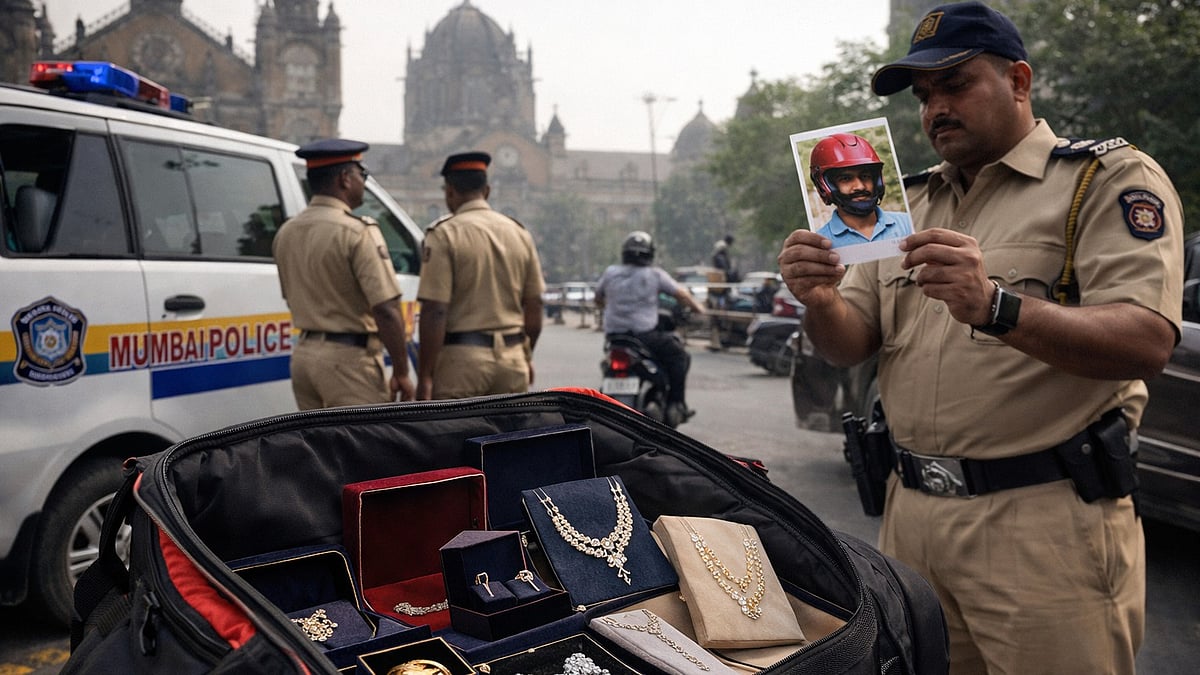The recent pronouncement by the Supreme Court, led by Chief Justice DY Chandrachud, emphatically underscores the paramount importance of probity in public life. The Constitution Bench, comprising seven members, made a decisive departure from the 1998 verdict, which granted MPs and MLAs immunity from criminal proceedings regarding their speeches and votes in Parliament. This pivotal decision signals a shift toward ensuring accountability and integrity in the legislative process. Justice Chandrachud, in authoring the new verdict, elucidates that the immunity afforded to legislators aims to empower them in fulfilling their duties without fear or favour. However, he aptly clarifies that such immunity does not extend to accepting bribes for speeches or votes. The court's recognition of the ethical boundaries delineated by Articles 105 and 194 of the Constitution is commendable, firmly asserting that accepting bribes remains both unethical and unacceptable.
The overturning of immunity in cases involving bribery is a significant stride towards upholding the sanctity of public service. Nevertheless, a cautious approach is warranted to prevent unintended consequences. There is a risk that members expressing dissenting views or voting against party lines might face unwarranted accusations of bribery. This poses a challenge to the delicate balance between accountability and the freedom of legislators to act independently. Historically, instances abound where false cases were instituted against political leaders, especially those at odds with the government. While the legal system ultimately vindicates those above board, the toll on their reputation and well-being is undeniable. The Supreme Court's decision is a welcome step, though it necessitates safeguards to prevent misuse and to ensure that legislators can exercise independent judgment without fear of reprisals.
In celebrating this decision, it is crucial to emphasise that it should not be misconstrued as a curb on the freedom of legislators to think or act independently. Preserving the delicate equilibrium between accountability and autonomy is vital to avoid lending credence to accusations of bribery based on dissenting opinions or votes against party directives. Ultimately, the Supreme Court's verdict serves as a clarion call for upholding the principles of integrity and accountability in public life, urging legislators to discharge their duties with a sense of responsibility and ethical conduct. It should not be seen as a license to question the integrity of any member who speaks or acts in defiance of the party directive or for a vindictive government to go after MPs and MLAs who vote according to the dictates of their conscience.




